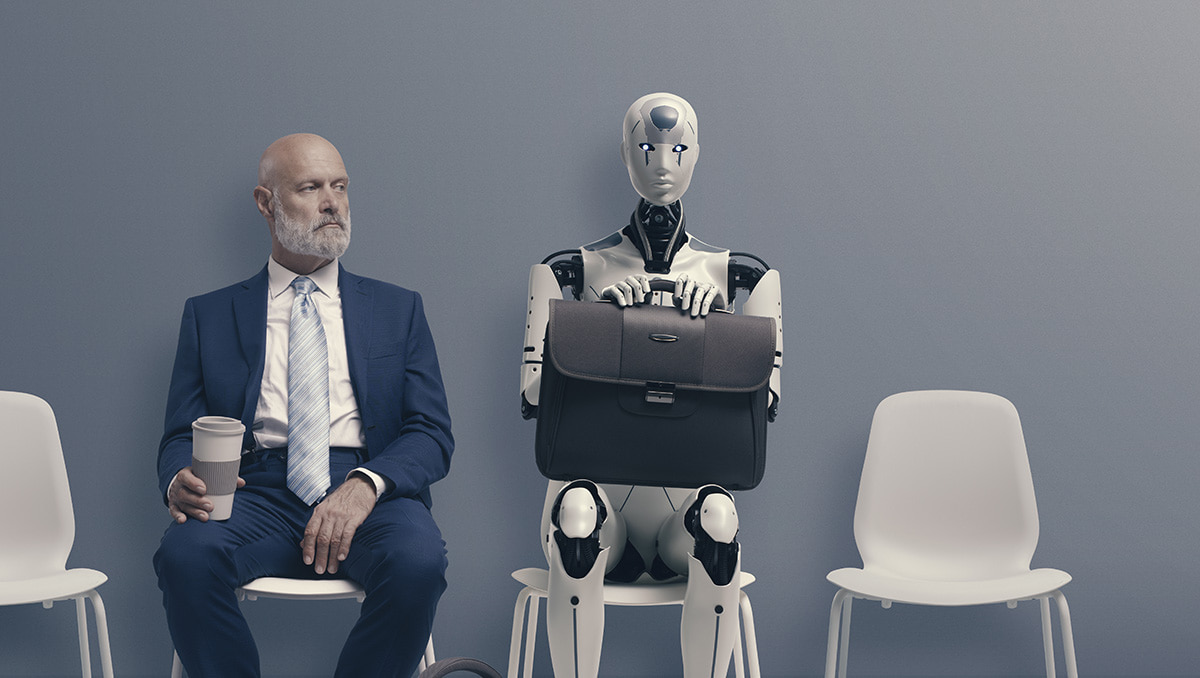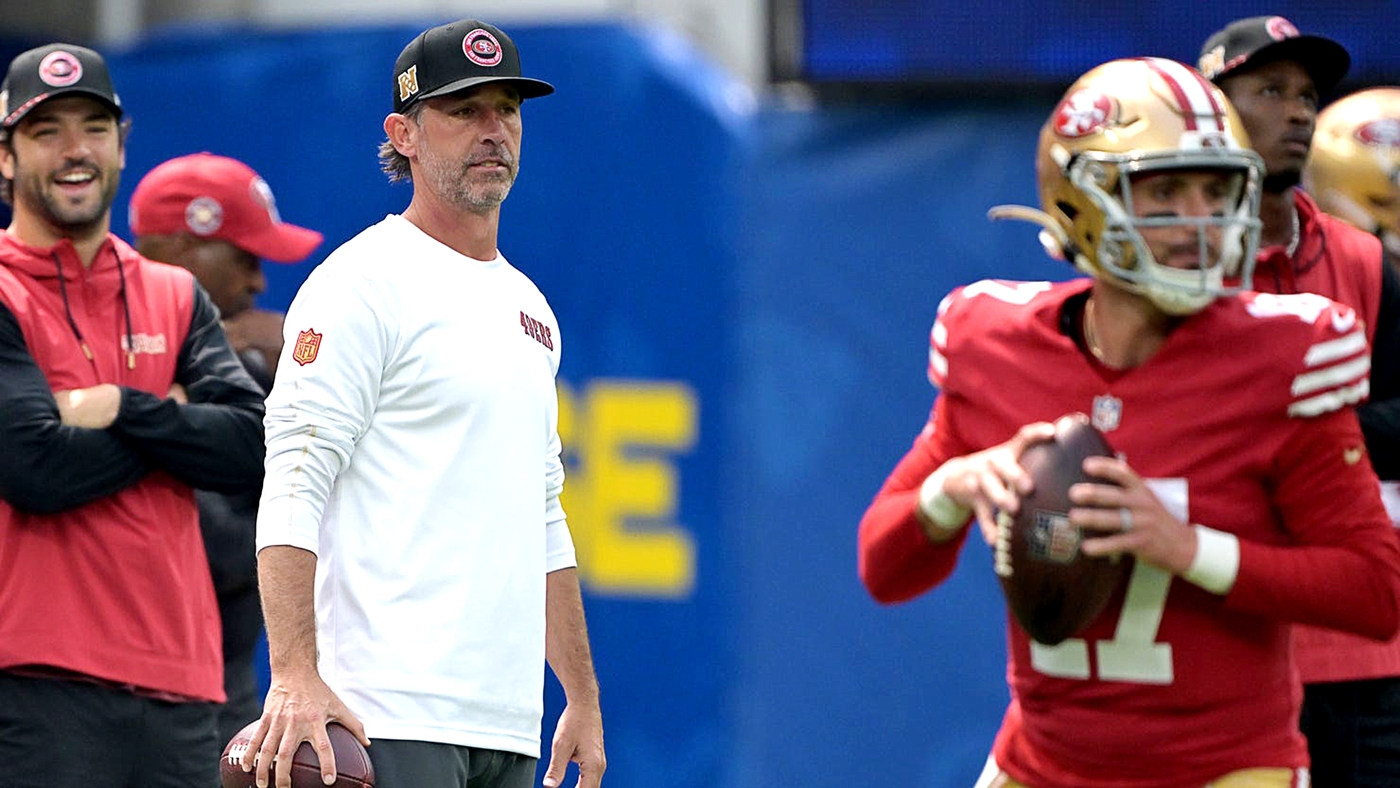Jobs
Automation Could Take Your Job. It Might Create a New One for You Too.

Striking dockworkers got big raises and other concessions this month but one of their biggest concerns remains: The fear that automation will cost jobs at US ports. Days later, Tesla CEO Elon Musk projected a decidedly different view of automation, unveiling and celebrating his vision of a future where travel is fully autonomous.
What are we to make of such polar opposites on the promise or peril of automation in business and society? The Darden Report checked in with University of Virginia Darden School of Business Professor Mike Lenox, an expert on the disruptive power of technology, for analysis.
Q: Why does the prospect of automation create angst, anger and excitement at the same time?
A: Well, the obvious answer is that automation will replace human labor. This creates incredible angst and anxiety as one may find their livelihood threatened. Since the time of the Luddites, if not before, there has been this fear that the machines are taking our jobs. And, in fact, they do often replace certain jobs. The good news is that technological disruptions often create new, better jobs. But that doesn’t allay the concerns of specific workers being disrupted by automation and being forced to retrain and find new jobs.
Q: Even after getting a new contract, the dockworkers union leader vows to keep fighting automation in U.S. ports. Is that realistic?
A: To be a little too cute, I like to say that technology always wins. Automation of ports has already begun. The technology is generally mature enough to make this possible in a closed environment like a port. I think automation will occur. The economic incentives are too overwhelming to imagine the dockworkers delaying a transition indefinitely.
Q: How realistic is Musk’s vision of fully autonomous vehicular travel?
A: This is the big question. Experts vary greatly in their forecasts of when we see full autonomy of autos, what we call Level 5 autonomy. AV’s have made incredible progress in the past decade, but we are still not there with full autonomy. Musk’s vision is realistic in the long run, though his technological approach of using mainly cameras instead of advanced systems like Lidar has been called into questions by many AV experts.
Q: How does the proliferation of artificial intelligence in business influence this ongoing tension?
A: Lost in the hype around Generative AI is that autonomous vehicles are a particular application of artificial intelligence. Like Generative AI, AV’s will continue to go through varies stages of the “hype cycle” going from excitement to disappointment. Technological disruptions can take time. I like to joke that disruptions never seem to come, until they do. That is the nature of technological improvements.
Q: Can we “future-proof” our careers and vocations in a climate of constant and accelerating disruption?
A: The fear of technological disruption goes back centuries. You can find people in the 1920s expressing their concerns about the pace of technological change. With that said, there does seem to be evidence that the pace of change is accelerating. I think the best way to “future proof” your career is to be a life-long learner. Constantly invest in your own skill sets and knowledge. For better or worse, standing still is not an option in this day and age.










